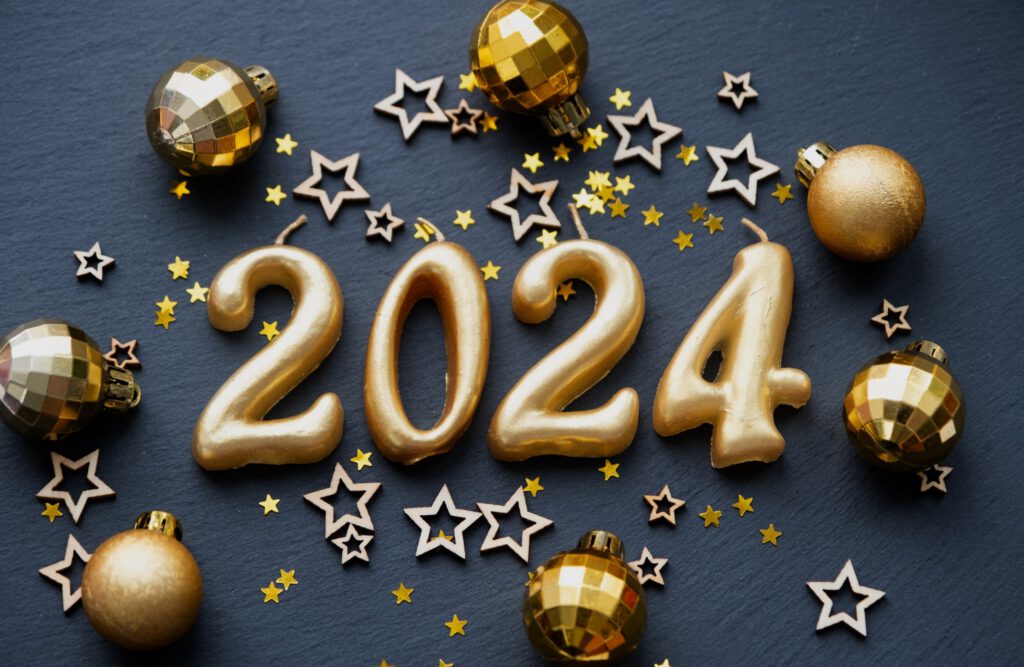A Sober New Year’s Resolution: Keeping or Breaking it Can Be Beneficial

You don’t have to be an alcoholic to make a sober New Year’s resolution, but if you’re struggling to get a handle on your drinking, it’s a good one to aim for.
Resolutions are noble endeavors indeed, and they’re often made with the best of intentions. However, it’s important to understand that making a sober New Year’s resolution may be easier said than done, if you suffer from a drinking problem. For those individuals, sobriety involves a great deal of change, which starts with the willingness to do whatever it takes to maintain it … and as recovering addicts and alcoholics will be the first to attest, willpower often isn’t enough.
However, it can be a start. More importantly, making a sober New Year’s resolution can actually help you, even if you fail. What do we mean by that? Think of it this way: If you’re able to stop drinking and function normally, then you’re able to enjoy the health benefits of your decision and know that while you may have once overindulged, you still possess a level of self-control that has allowed you to put it down and walk away before it becomes a problem.
According to the comparison and information services platform Finder, “An estimated 188.9 million adult Americans (74.02% of the population) say they’re determined to learn something new, make a lifestyle change or set a personal goal in an effort to better themselves in 2021, a 15.17% increase from the previous year.” And according to a Finder survey: “141.1 million adult Americans – or 55.31% of all American adults – think that following through on their New Year’s resolutions is well within the cards.”
But if you’re unable to stop drinking no matter how much you want to or how hard you try, then perhaps it’s time to seek professional help for an issue that’s clearly beyond your capabilities to stop on your own.
A Sober New Year’s Resolution: Be Prepared
 If making a sober New Year’s resolution is part of your 2021 plans, know this: You’re not alone. In fact, sobriety has become something that’s even officially encouraged in certain parts of the world: “Since 2014, the United Kingdom has promoted Dry January as a public health campaign,” according to a report in the Asbury Park Press. “Those who accept the Dry January challenge can expect better overall health, as well as healthier drinking behavior for the future, according to a 2018 study by the University of Sussex.”
If making a sober New Year’s resolution is part of your 2021 plans, know this: You’re not alone. In fact, sobriety has become something that’s even officially encouraged in certain parts of the world: “Since 2014, the United Kingdom has promoted Dry January as a public health campaign,” according to a report in the Asbury Park Press. “Those who accept the Dry January challenge can expect better overall health, as well as healthier drinking behavior for the future, according to a 2018 study by the University of Sussex.”
Swearing off drinking for the new year is a health trend, to be sure, but it’s sometimes born of desperation as well: According to Chelsey Flood, writing for the website Medium, “For years, I made resolutions to ‘drink less’. Usually with a stage four hangover, and often with some psychological trauma too.” She’s by no means alone, but to finally achieve the goal – last New Year’s Day marked her fourth one sober – involved some preparation.
First, she decided to educate herself by “reading books about addiction” to understand the conundrum “of not wanting to drink while drinking. I learned that this confounding motivation warp had a name: cognitive dissonance. I learned that alcoholism exists on a spectrum and that I didn’t have to move any further along before I quit. I also learned that an inability to quit drinking was one of the key signs of a drinking problem. And that it took more than announcing ‘I quit!’ to successfully beat this habit.”
Two, she asked for help – and asked the right people, she adds. Her drinking buddies, while well-intentioned, would pull her back into the drinking life. But when she “asked a group of ex-heavy drinkers to help me, I began to make solid progress. Whether you want to change your relationship with food or finish your dream project, finding the people who can best help you along your way is the simplest way that you can achieve your goal.”
Finally, she advises, “Choose one thing and focus on that. What is the obstacle that most severely blocks your path?” Getting and staying sober is challenging enough, and while some industrious individuals can make a sober New Year’s resolution and package it with a fitness program and going back to school to get a degree, that’s a lot to undertake, and taking on too much might set you up for failure.
A Sober New Year’s Resolution: Some Tips
 Judy McGuire, writing for the sobriety website The Fix, has some important pointers for those making a sober New Year’s resolution:
Judy McGuire, writing for the sobriety website The Fix, has some important pointers for those making a sober New Year’s resolution:
- Don’t go out with a bang. Yes, it’s tempting to turn New Year’s Eve into a “last call for alcohol” blowout, but doing so doesn’t set you up for success the next day: “”People will use it [their impending sobriety] as an excuse to blow out New Year’s Eve and place their lives and the lives of others at risk,” Dr. Paul Hokemeyer, a New York-based therapist specializing in addiction told her. “And that’s not acceptable.” Sober coach Patty Powers took it a step further, suggesting that instead of setting Jan. 1 as a sobriety date, back it up a couple of days and start on Dec. 30 or Dec. 31, because “if you really need that extra night to party, most likely you aren’t ready to stop.”
- Don’t look at it as a negative: If you’re going into a resolution feeling a sense of dread, then maybe alcohol plays a more important role in your life than you realize. Instead, says psychotherapist Christopher Murray, look at it as an opportunity: “Say to yourself, ‘I’m freeing myself from addiction and un-manageability.'” By focusing on what you’re getting from your decision instead of what you’re losing, you frame the narrative as something positive.
- Announce your intentions to friends and family members, Murray adds. Seek out support groups. Getting sober in secret may feel more comfortable, but it’s also more difficult: “I know it’s hard when you’ve tried so many times before. It feels humiliating to tell everyone, ‘I’m really gonna this time.’ But use the force of positive peer pressure and get the support you need.”
- Finally, Murray suggests, reward yourself when you reach certain sobriety milestones: For example, after a week sober, you treat yourself to a massage. At the end of 30 days, an expensive meal. “The point is to do something kind for yourself,” McGuire writes. “It can be as simple as taking an extra-long bath or a walk along the beach.”
But What If It Doesn’t Work?

Few things feel more demoralizing than making a sober New Year’s resolution and then being unable to follow it through. If deciding to give up alcohol for the New Year is a resolution that crumbles within a few days, that doesn’t mean it’s an impossible goal, or that you’re an utter failure. It just means you have some things to ponder.
For example, perhaps you’ve underestimated just how intertwined alcohol has become with your day-to-day life. As the American Psychological Association points out, “Unhealthy behaviors develop over the course of time. Thus, replacing unhealthy behaviors with healthy ones requires time.” And if you’re only taking away drinking instead of doing something to fill the hole that it’s left behind, then you’re left staring at an empty space, one that on some level or at one time brought you some measure of joy or comfort. Even if it’s become a problem, even if you’ve come to despite drinking, there’s still a part of you that’s going to miss it. So what can you do to fill that hole?
There’s exercise, of course, but maybe it’s also time to take up a new hobby. Maybe it’s time to go back to school. Maybe it’s time to do any number of things that you always talked about doing but never did because alcohol was more important, or because booze killed your ambition. Or maybe you’ve got a bigger problem than you originally thought, and you find yourself questioning whether you might be an alcoholic after all.
That’s not an easy label to accept. As Victor Yocco, writing for The Fix, points out, “Most people don’t realize overnight that they are abusing alcohol. It takes a whole lot of wasted time that you can never get back. Alcoholics are burning the candle of life at both ends when we couple blackout drinking with the life-shortening ailments that come along with binge and heavy drinking. A New Year brings the opportunity for you to inventory your life and make a change if needed.”
And if that change means you need more help than simply pushing back from the bar and swearing off alcohol on Jan. 1? Maybe that’s a good thing. Maybe that’s the best New Year’s resolution you could possibly make: to get help for a problem, no matter how disconcerting it may be to admit you have one.
Because here’s the thing about a sober New Year’s resolution: Even if you fail, and in so doing admit that you’re in the grips of something more powerful than you are, you have an opportunity for change. What matters now is what you do with this new realization. There are dozens of resources, from 12 Step groups and peer support meetings to a drug and alcohol treatment center, and while considering those as your next step may not be what you planned for the new year, it could be exactly what you need to improve your life.
And isn’t that the entire goal of a sober New Year’s resolution anyway?





